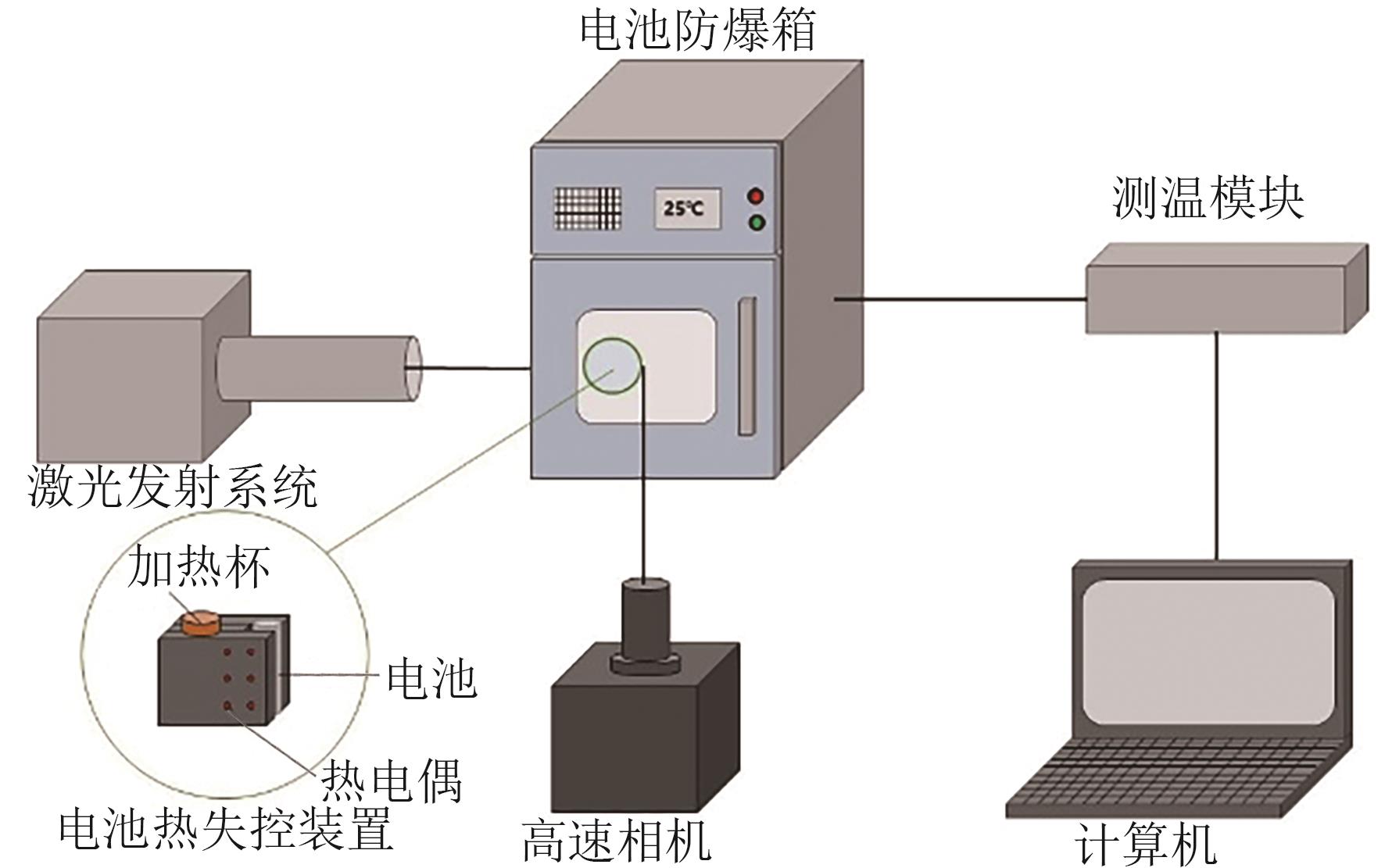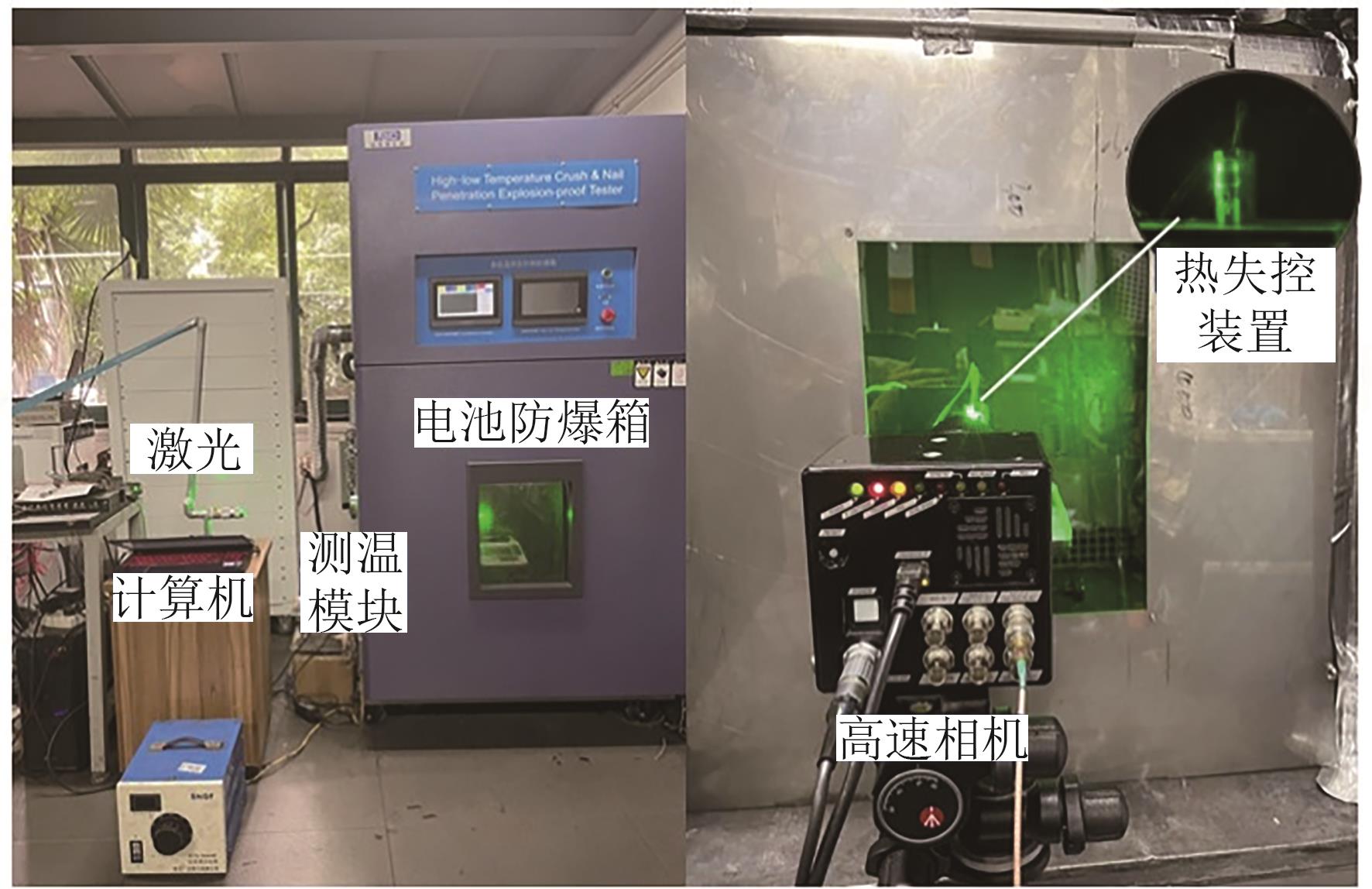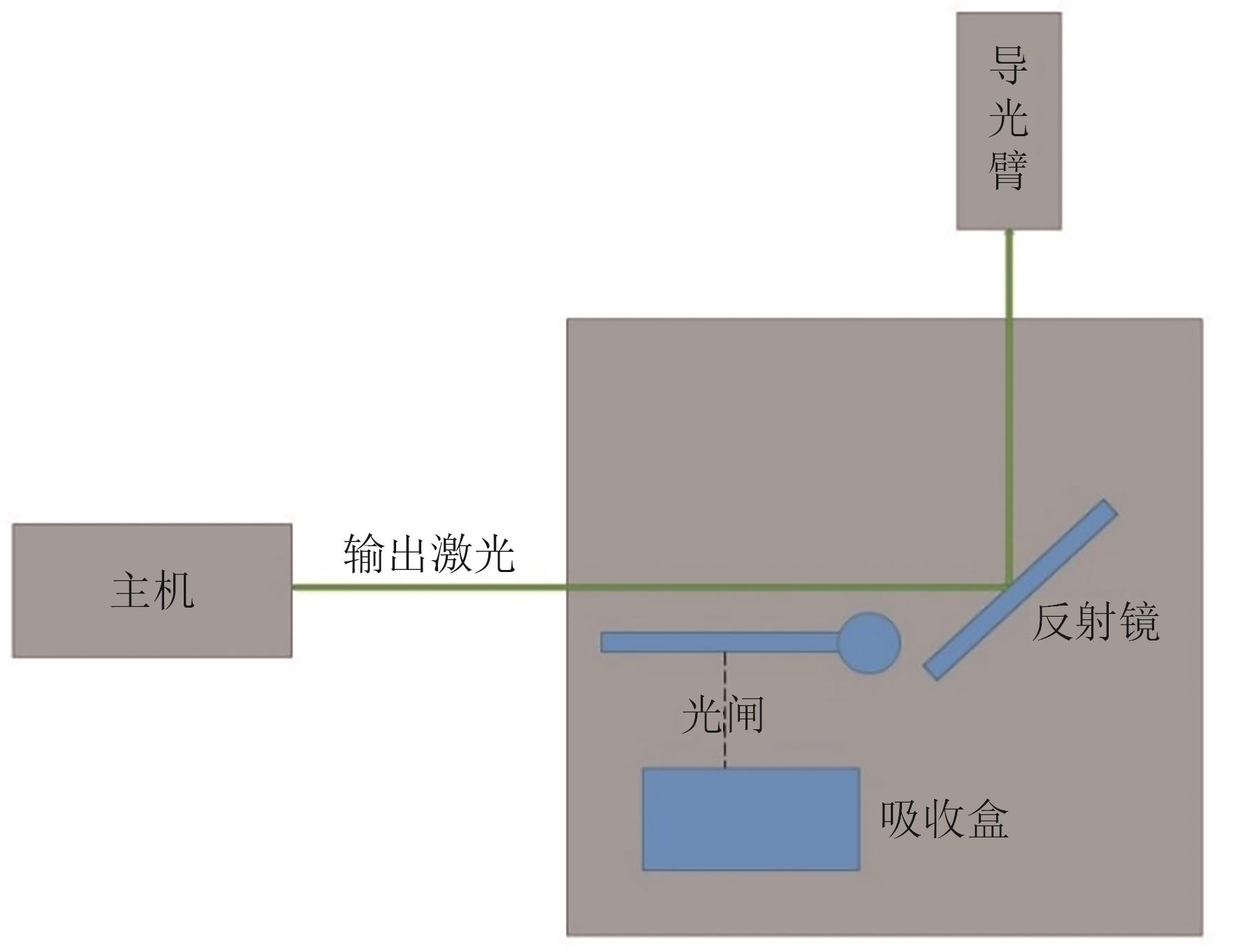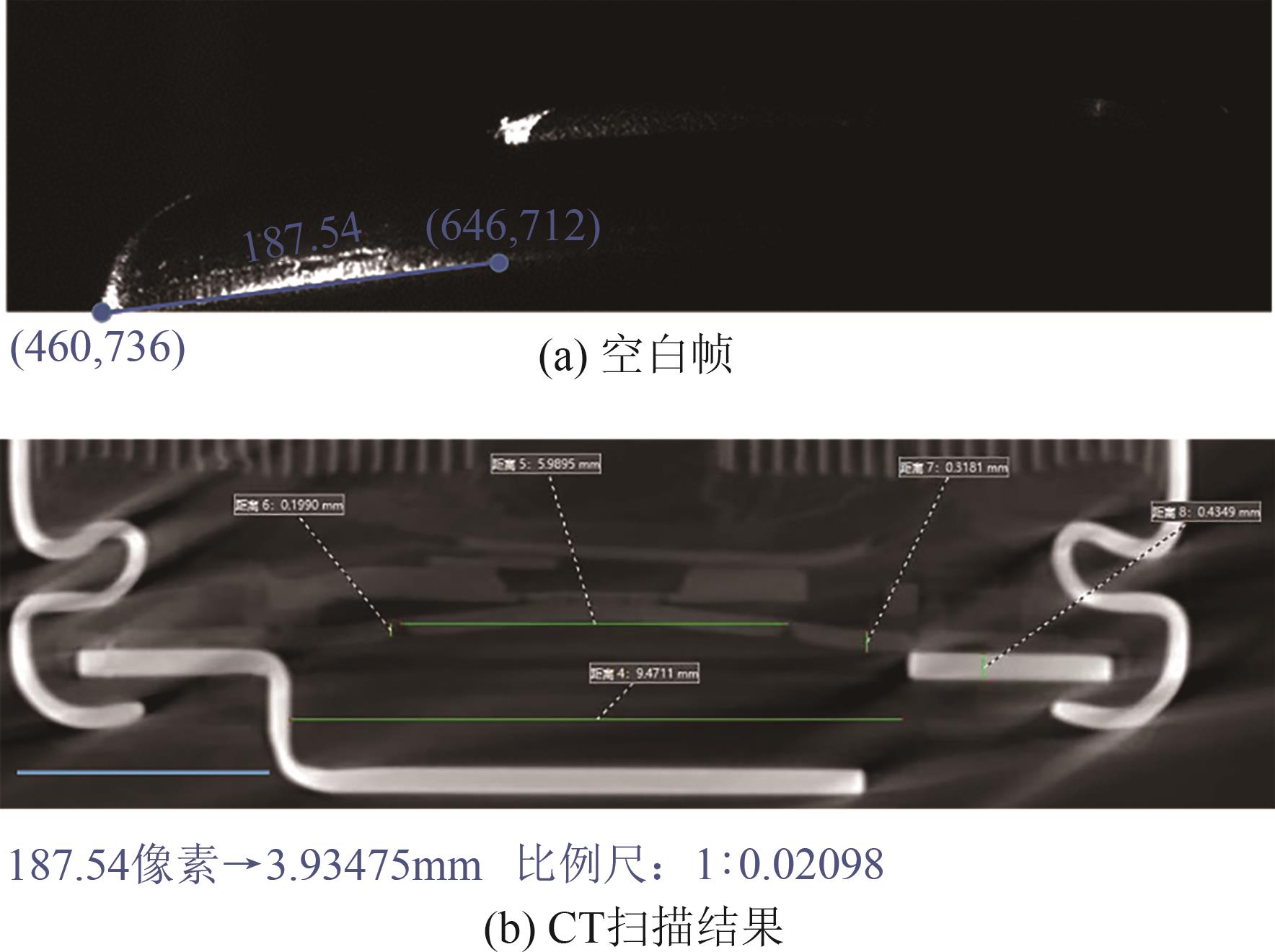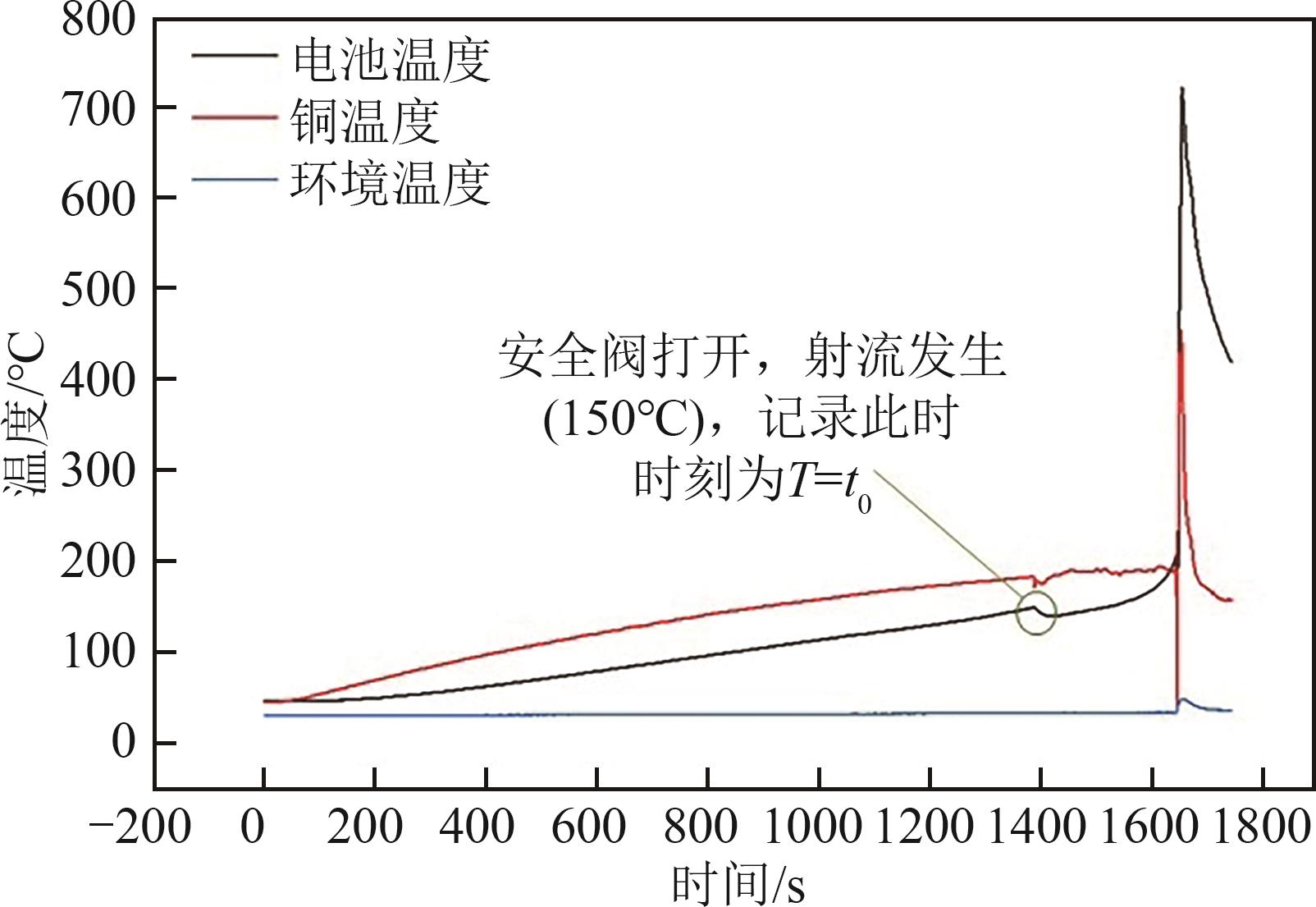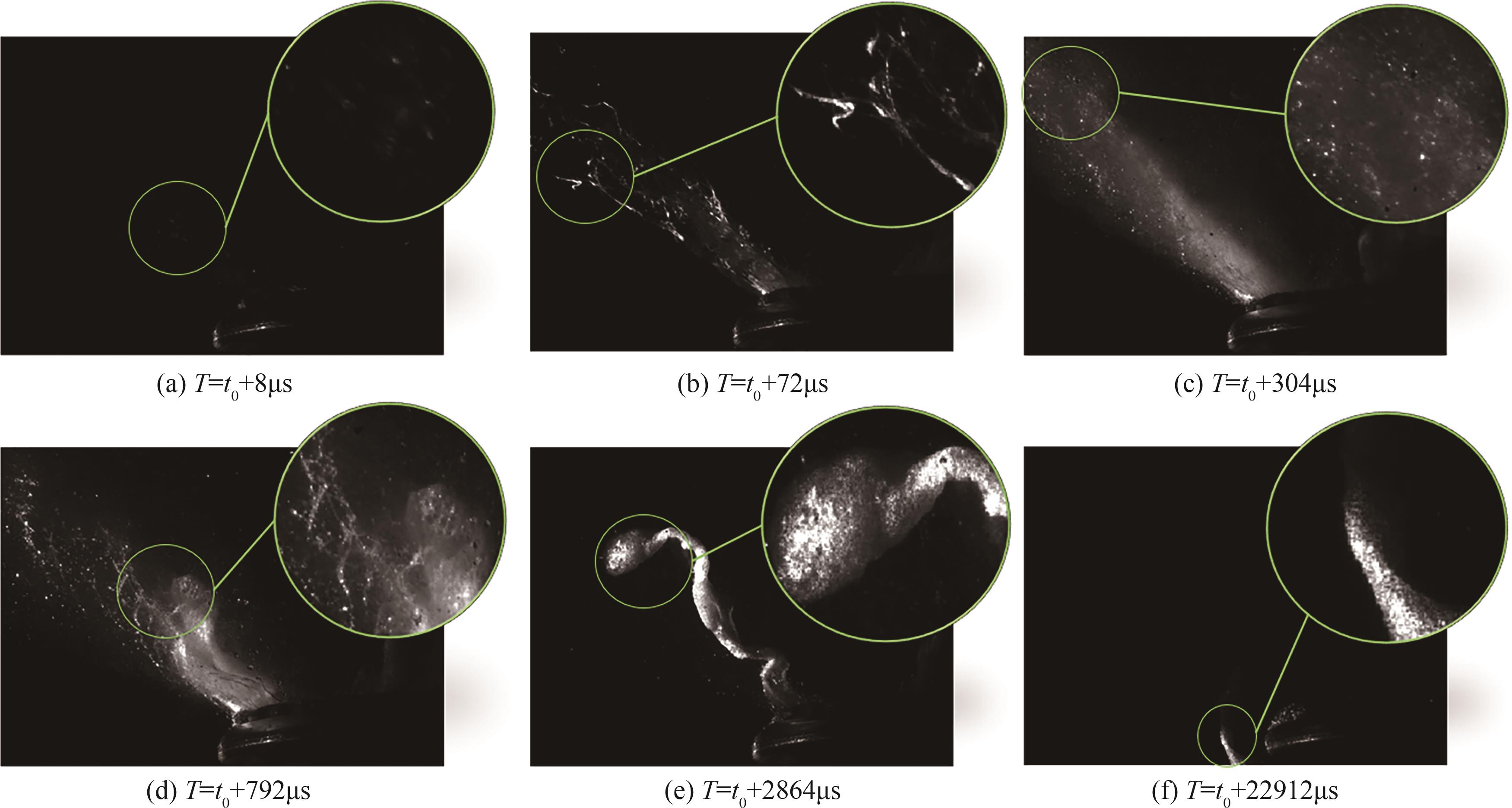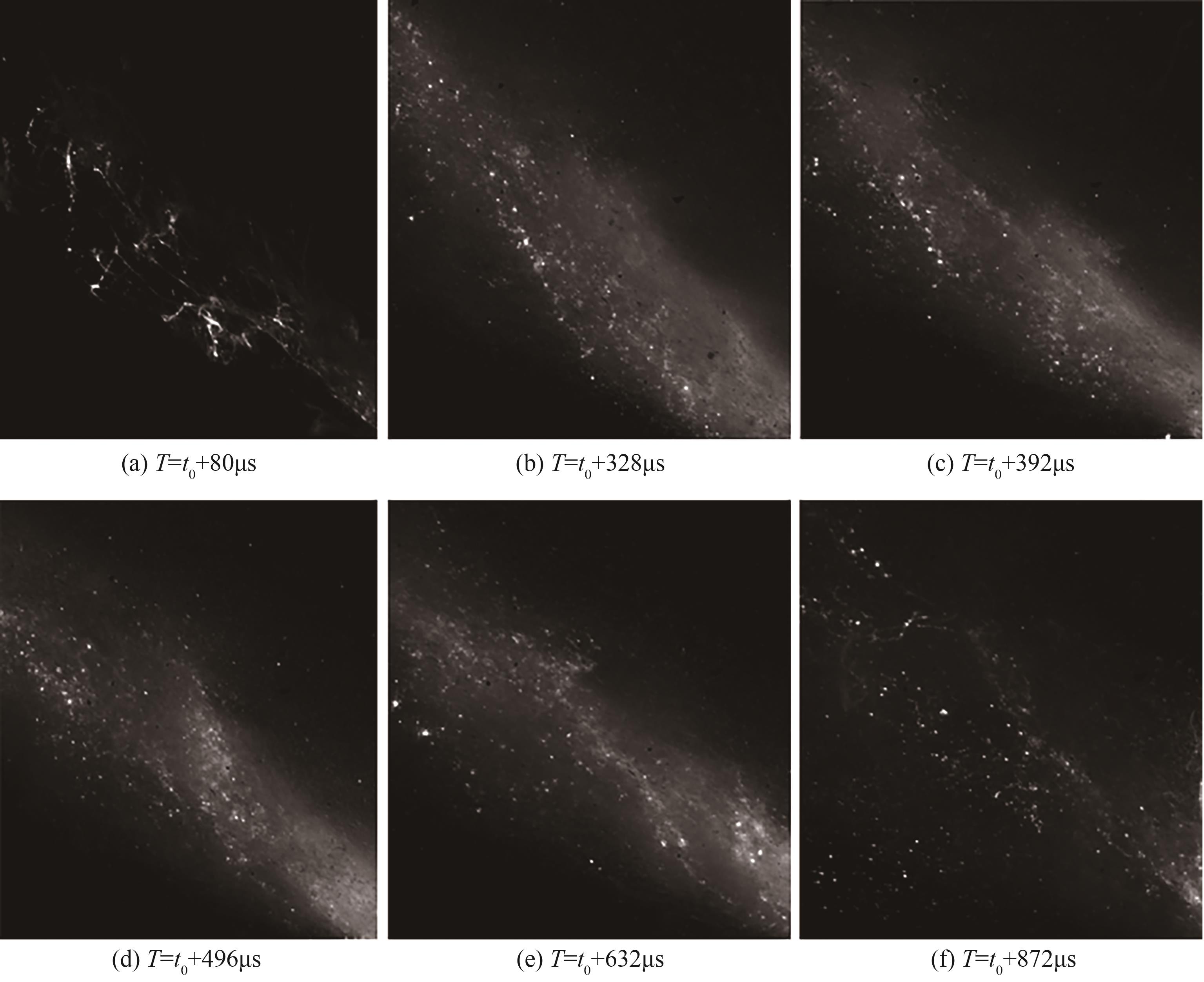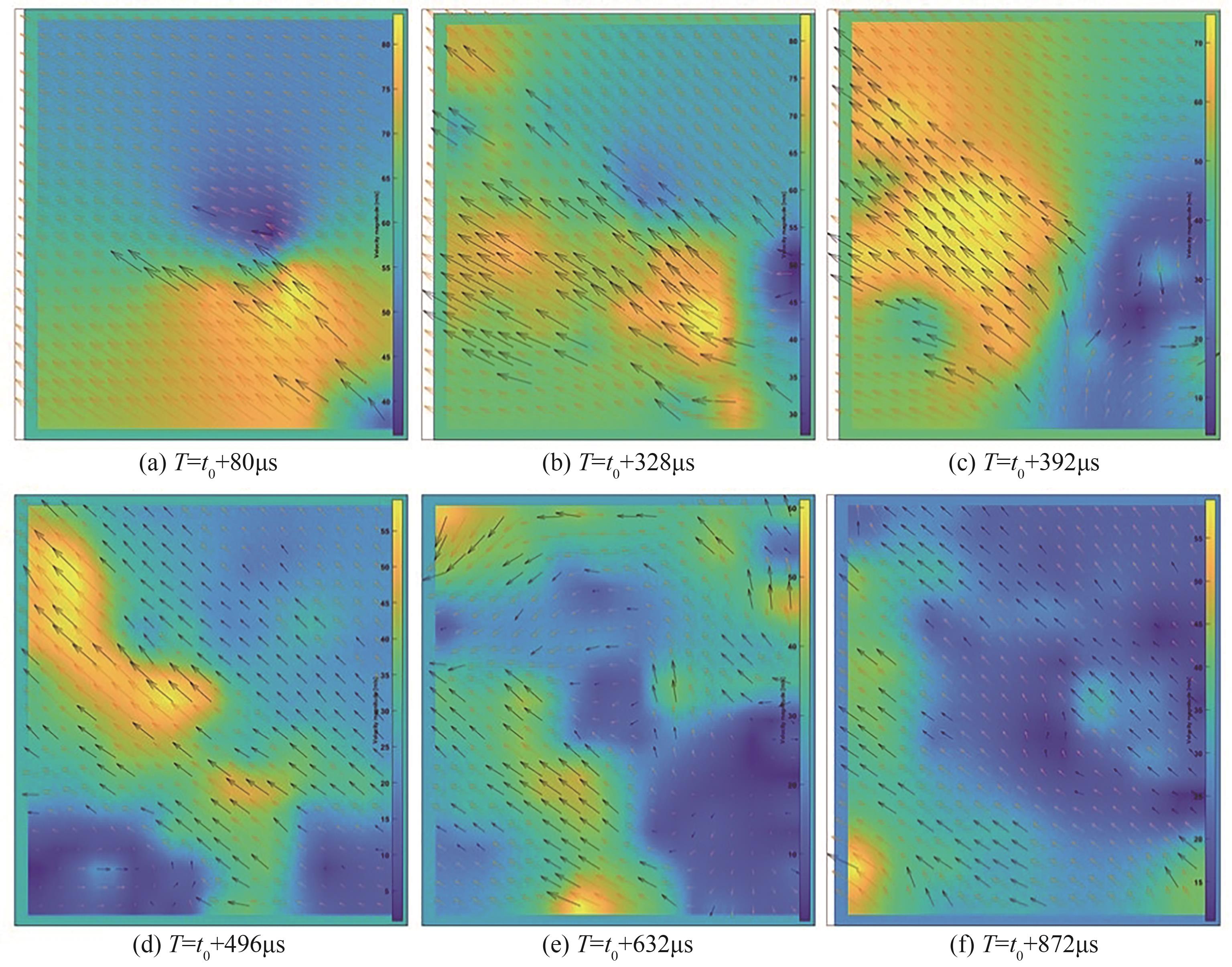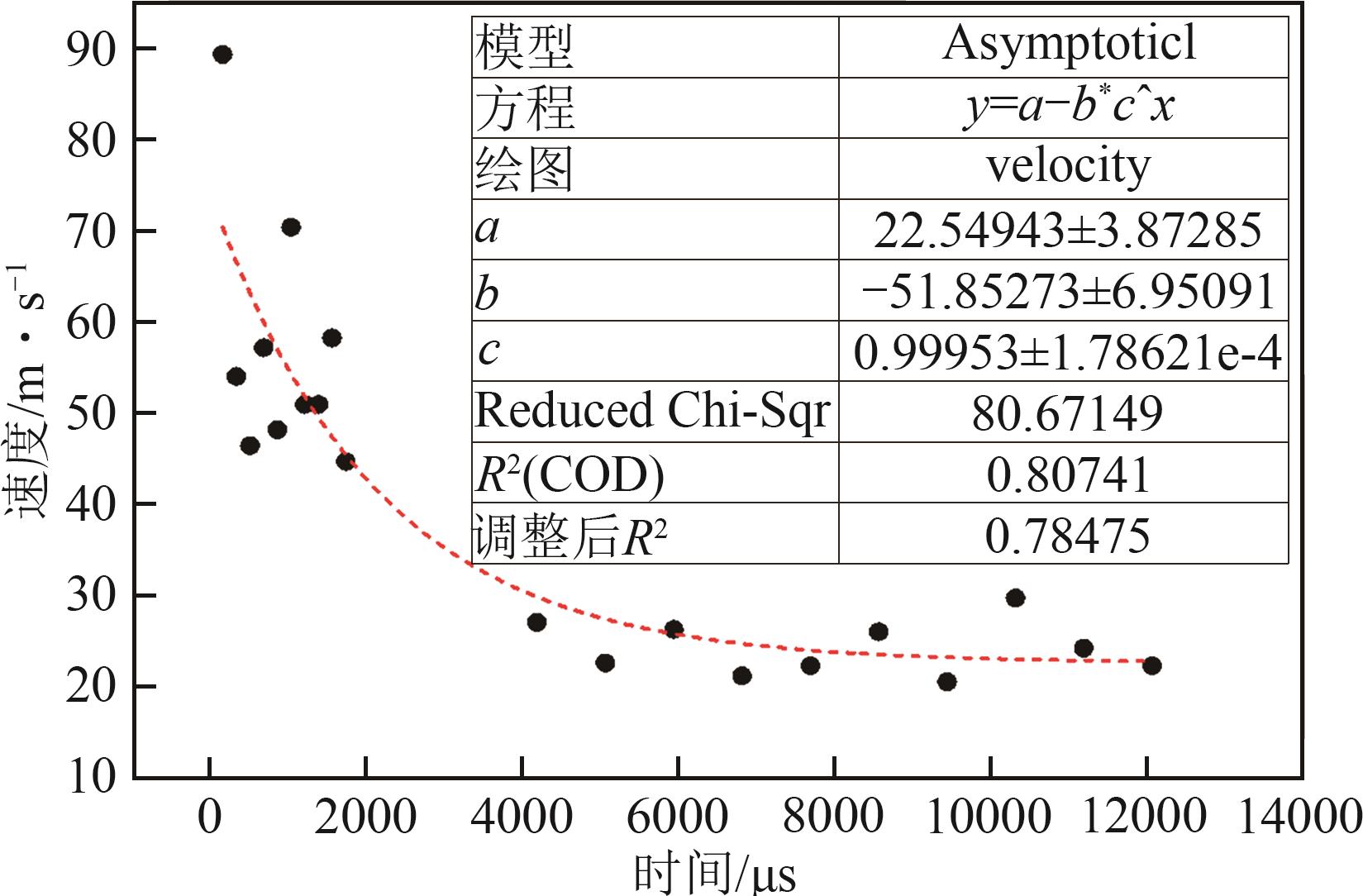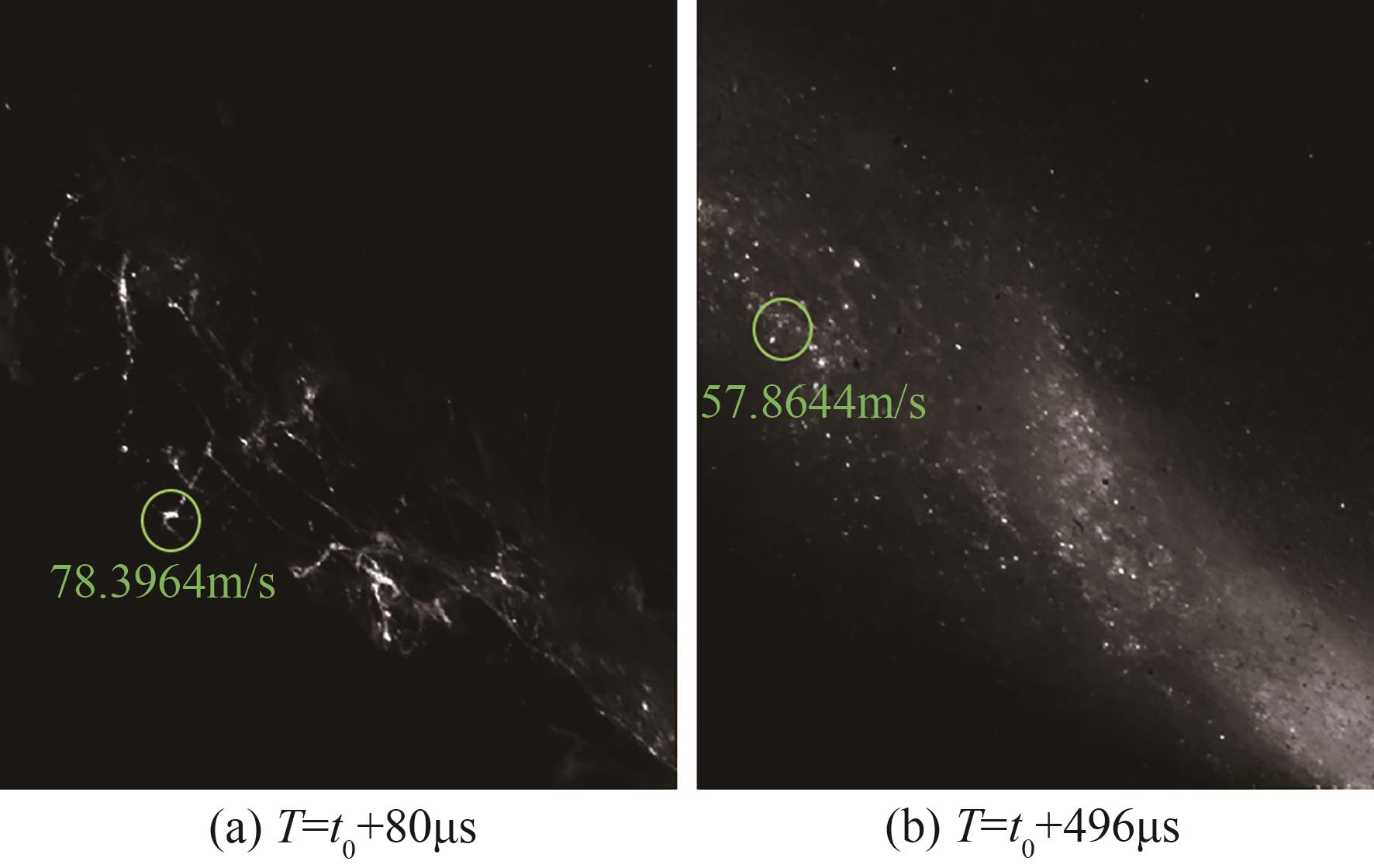| 1 |
黄沅辉, 解铭时, 赵正国, 等. 浅析新能源汽车动力电池热管理技术[J]. 能源与节能, 2023(6): 20-27, 134.
|
|
HUANG Yuanhui, XIE Mingshi, ZHAO Zhengguo, et al. Thermal management technology of new energy vehicle power battery[J]. Energy and Energy Conservation, 2023(6): 20-27, 134.
|
| 2 |
FENG Xuning, ZHENG Siqi, REN Dongsheng, et al. Key characteristics for thermal runaway of Li-ion batteries[J]. Energy Procedia, 2019, 158: 4684-4689.
|
| 3 |
Antonio GARCÍA, ZHAO Peng, Javier MONSALVE-SERRANO, et al. Optical diagnostics of the venting spray and combustion behaviour during Li-ion battery thermal runaway induced by ramp heating[J]. Applied Thermal Engineering, 2023, 218: 119308.
|
| 4 |
MAO Binbin, ZHAO Chunpeng, CHEN Haodong, et al. Experimental and modeling analysis of jet flow and fire dynamics of 18650-type lithium-ion battery[J]. Applied Energy, 2021, 281: 116054.
|
| 5 |
LI Weisi, LEÓN QUIROGA Vanessa, CROMPTON K R, et al. High resolution 3-D simulations of venting in 18650 lithium-ion cells[J]. Frontiers in Energy Research, 2021, 9: 788239.
|
| 6 |
ZHOU Zhizuan, JU Xiaoyu, ZHOU Xiaodong, et al. A comprehensive study on the impact of heating position on thermal runaway of prismatic lithium-ion batteries[J]. Journal of Power Sources, 2022, 520: 230919.
|
| 7 |
王一波, 梁伟鄯, 赵云. 面向视觉SLAM的图像配准评价算法[J]. 物联网技术, 2022, 12(8): 27-30.
|
|
WANG Yibo, LIANG Weishan, ZHAO Yun. Visual SLAM-oriented image registration evaluation algorithm[J]. Internet of Things Technologies, 2022, 12(8): 27-30.
|
| 8 |
杨龙, 朱大立, 郑家琪, 等. 基于激光的语音探测技术与激光入侵防护[J]. 保密科学技术, 2023(3): 33-39.
|
|
YANG Long, ZHU Dali, ZHENG Jiaqi, et al. Voice detection technology based on laser and laser intrusion protection[J]. Secrecy Science and Technology, 2023(3): 33-39.
|
| 9 |
史航. 三维光流层析粒子图像测速算法研究[D]. 武汉: 华中科技大学, 2021.
|
|
SHI Hang. Research of tomographic particle image velocimetry algorithm based on 3D optical flow[D].Wuhan: Huazhong University of Science and Technology, 2021.
|
| 10 |
骆爱炜, 张永建, 王正国, 等. 基于改进直线检测的箱体跌落姿态角解算方法[J]. 国外电子测量技术, 2023, 42(3): 59-65.
|
|
LUO Aiwei, ZHANG Yongjian, WANG Zhengguo, et al. Box drop attitude angle solving method based on improved line detection[J]. Foreign Electronic Measurement Technology, 2023, 42(3): 59-65.
|
| 11 |
高向. 基于OpenCV运动目标检测与跟踪算法研究[D]. 银川: 宁夏大学, 2019.
|
|
GAO Xiang. Research on moving target detection and tracking algorithm based on OpenCV[D].Yinchuan: Ningxia University, 2019.
|
| 12 |
ACHARYA Upendra Kumar, KUMAR Sandeep. Image sub-division and quadruple clipped adaptive histogram equalization (ISQCAHE) for low exposure image enhancement[J]. Multidimensional Systems and Signal Processing, 2023, 34(1): 25-45.
|
| 13 |
ZHANG Xiaokai, SUN Jiangtao, HU Jinhai, et al. A modified adaptive cross correlation method for flow rate measurement of high-water-cut oil-water flow using planar flowmeter[J]. IEEE Transactions on Instrumentation and Measurement, 2021, 71: 9500210.
|
| 14 |
YOU Hojun, KIM Dongsu, MUSTE Marian. High-gradient pattern image velocimetry (HGPIV)[J]. Advances in Water Resources, 2022, 159: 104092.
|
| 15 |
马歆. 基于光场成像的深度信息估计方法的研究与应用[D]. 成都: 电子科技大学, 2021.
|
|
MA Xin. Research and application of depth information estimation method based on light field imaging[D].Chengdu: University of Electronic Science and Technology of China, 2021.
|
| 16 |
ETMINAN Amin, MUZYCHKA Yuri S, POPE Kevin, et al. Flow visualization: State-of-the-art development of micro-particle image velocimetry[J]. Measurement Science and Technology, 2022, 33(9): 092002.
|
| 17 |
GAO Qi, LIN Hongtao, TU Han, et al. A robust single-pixel particle image velocimetry based on fully convolutional networks with cross-correlation embedded[J]. Physics of Fluids, 2021, 33(12): 127125.
|
 ), ZHANG Pengfei, HUANG Yuqi(
), ZHANG Pengfei, HUANG Yuqi( )
)
